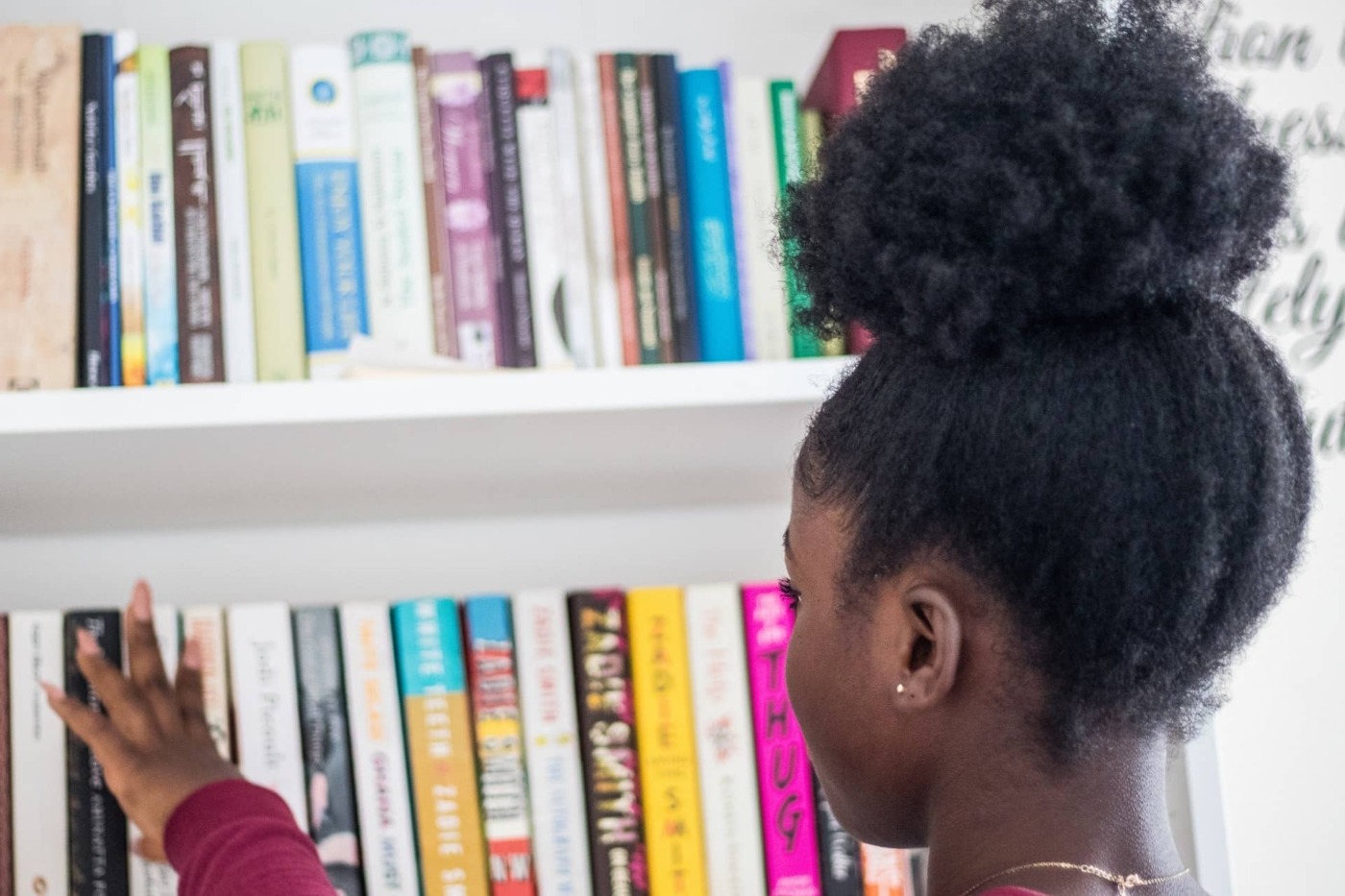The recognition of YA authors of colour has come far too late
It’s long overdue that young adult (YA) authors of colour are being recognised. But, to be honest, they have always existed; they were just never acknowledged, or were overshadowed by mediocre white authors. That’s just the truth. However, it appears that the majority of YA authors of colour hail from the States, as expected.
Not to discredit the efforts of amazing writers of colour such as Elizabeth Acevedo, Mary H.K Choi or Ibi Zoboi, but there’s barely any representation from YA authors of colour in the UK. It’s really just American YA authors of colour. For example, The Guardian noted that in 2017, just 2.43% of YA authors were British writers of colour and in 2019, this had increased to 5.95%, still far behind 13.8% of the UK population.
I believe the lack of British YA authors of colour is a testament to the rigid and snotty culture in certain publishing houses and, more generally, British society. By not actively raising the profiles of British YA authors of colour, what does it mean for a Black British male or a British Bangladeshi girl who wants to see aspects of their stories represented in literature? Therefore, by only representing American authors of colour, it leaves no room for British people of colour to consume stories that represent them.
You shouldn’t have to have an uprising as a means of getting recognition for your work
The Guardian noted that UCL associate professor Melanie Ramdarshan Bold found that 19.6% of YA authors that were published in the UK were people of colour in 2019, in comparison to poor figures such as 7.1% in 2017 and a measly 13.25% in 2018. Despite the improvement, it causes me to think why, all of a sudden, are these authors gaining recognition – is it because of the diversity talks in wider society? I am sure that these authors are skilled, but their recognition comes far too late.
Is it because of movements like Black Lives Matter that these authors are getting the praise? Honestly, if it is, they can keep their praises. You shouldn’t have to have an uprising as a means of getting recognition for your work. Your work should be recognised regardless. In particular, I think that young adult authors do have a major role in the lives of bookworms like myself. Without reading books like Ibi Zoboi’s American Street, my favourite book ever, I would not have known about how Black immigrants – in particular, Haitian immigrants – deal with immigration in the US. Although the novel was a work of fiction, it was the experience of Zoboi that inspired her book, and she did it well, because I cried – and I never cry! American Street was a finalist for the National Book Award and nominated for the Pushcart Prize.
Personally, I only read young adult fiction from authors of colour. At the moment, I am reading Abigail Hing Wen’s Loveboat, Taipei which is, in loose terms, the teen version of Crazy Rich Asians. Since the month of March blurred all the months together, I got stuck in books from non-Black authors of colour. I think reading a variety of books from different types of authors allows you to appreciate the differences we have as humans.
YA authors of colour are important for the stories they tell us because it enables us to reflect and ponder on what these concepts mean and why they are significant
Despite these being young adult books, I always believe that there could be elements of truth in them, and that somewhere in the world, an individual may have an experience similar to a character in some novel. What white authors explore racism, inequality, prejudice, Islamophobia or racialised immigration? I am not saying that YA authors of colour should focus on these topics, because there is more to our existence as people of colour in the West other than struggle and suffering. But, many YA authors of colour tend to write amongst these themes, and I think that by writing about sensitive issues like those, it brings a light to another’s experience: whether it is navigating racism like Starr did in The Hate U Give, or experiencing gentrification like Zuri did in Pride or Natasha’s experience with immigration in The Sun is Also a Star.
YA authors of colour are important for the stories they tell us because it enables us to reflect and ponder on what these concepts mean and why they are significant. So, it is more than just a story. Our views of the world remain challenged, allowing us to ask questions like “what type of person do I want to become?”. Without these YA authors of colour, the book market would be extremely boring.

Comments